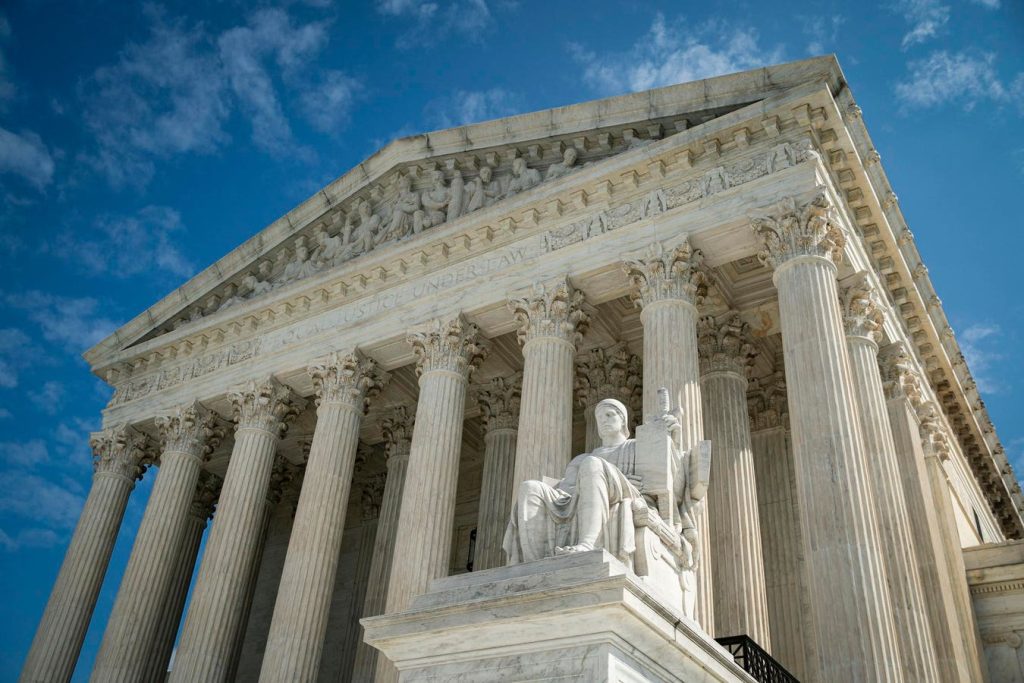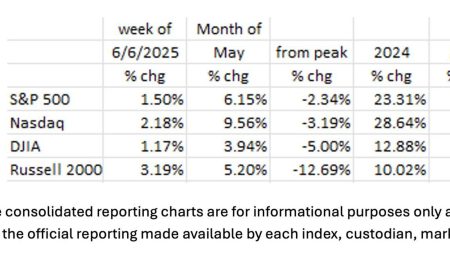The Corporate Transparency Act (CTA), intended to combat financial crimes by unveiling the beneficial owners of shell corporations, has become embroiled in a complex legal battle, culminating in a recent Supreme Court intervention. The saga began with a preliminary injunction issued by a Texas district court, effectively halting the CTA’s reporting requirements nationwide. This injunction, obtained by the National Federation of Independent Business (NFIB), argued that the CTA was unconstitutional, thereby shielding nearly 300,000 businesses from disclosing their beneficial ownership information. The government’s subsequent appeal to the Fifth Circuit saw a rollercoaster of decisions, with the injunction initially stayed, then reinstated, leaving businesses in a state of uncertainty.
The Department of Justice, seeking to enforce the CTA, then escalated the matter to the Supreme Court, requesting a stay of the Texas injunction. The Supreme Court granted the stay, temporarily allowing the government to proceed with enforcing the CTA’s reporting requirements while the Fifth Circuit appeal continued. The Court’s decision underscored the presumption that acts of Congress remain in effect pending final judicial review. However, the Supreme Court also linked the stay’s duration to the Fifth Circuit’s proceedings and the possibility of a Supreme Court review (certiorari), leaving the CTA’s ultimate fate still undecided.
This intricate legal landscape is further complicated by the actions of another Texas court. Despite the Supreme Court stay, a different Texas judge issued a nationwide preliminary injunction against the CTA, effectively reinstating the reporting freeze. This injunction, granted in the Smith v. U.S. case, declared the CTA likely unconstitutional, echoing the arguments made in the Texas Top Cop Shop case. This conflicting ruling highlights the ongoing legal challenges facing the CTA and underscores the lack of clarity regarding reporting obligations for businesses.
The Supreme Court’s handling of the government’s application also saw internal divisions. Justice Gorsuch concurred with the stay but advocated for a broader review of the district court’s authority to issue nationwide injunctions, suggesting that this case presented an opportunity to address this significant legal issue. Conversely, Justice Jackson dissented, arguing against the emergency relief granted by the stay. She highlighted the expedited appeal process within the Fifth Circuit and the already delayed implementation of the CTA, suggesting that further delay wouldn’t cause significant harm while the legal process unfolded. This dissenting view emphasizes the ongoing debate about the urgency and necessity of the Supreme Court’s intervention.
Beyond Texas, legal challenges to the CTA have emerged in other jurisdictions. In Alabama, a district court declared the CTA unconstitutional in a case brought by the National Small Business United. However, this ruling’s scope is limited to the plaintiffs involved, unlike the broader injunctions from Texas. Furthermore, appeals regarding the CTA are currently pending in the Fourth and Ninth Circuit Courts of Appeals. These cases, originating from challenges by community associations and other businesses, demonstrate the widespread opposition to the CTA and the diverse legal arguments being employed. While these courts have so far declined to issue preliminary injunctions, their eventual decisions could further influence the CTA’s trajectory.
The ongoing legal battles surrounding the CTA have elicited strong reactions from various stakeholders. The FACT Coalition, an advocacy group supporting financial transparency, welcomed the Supreme Court stay as a crucial step towards combating financial crime. They emphasize the importance of unveiling the beneficial owners of shell companies to effectively prevent money laundering and other illicit activities. This viewpoint contrasts with the perspective of business organizations like the NFIB and NSBA, who argue that the CTA imposes undue burdens on small businesses and infringes upon their constitutional rights. The ultimate outcome of these legal challenges will significantly impact the future of financial transparency and the government’s efforts to combat financial crimes. As the legal saga continues to unfold, businesses are left navigating a volatile regulatory landscape, unsure of their reporting obligations and the eventual fate of the CTA.










